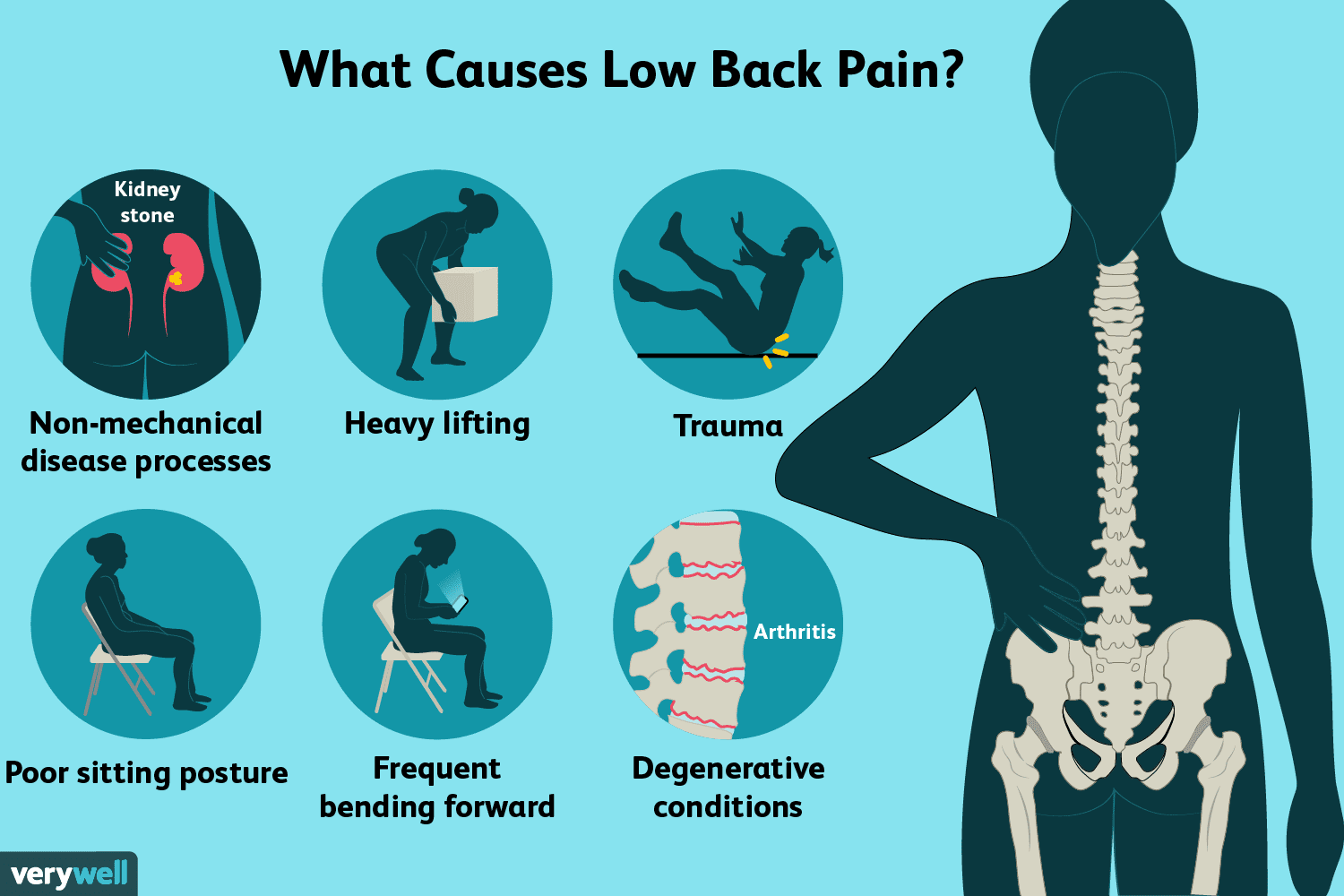We’ve all been there: a looming deadline, an important task, and an inexplicable urge to do anything but what needs to be done. This is procrastination at its finest, a habit that can significantly impact our productivity and overall well-being.
In this article, we’ll explore the roots of procrastination and provide practical strategies to overcome it. By addressing the negative feelings associated with putting things off, you’ll be better equipped to tackle your tasks head-on and boost your productivity.
This article is brought to you by Health Nutrition – your complete health and wellness community. Health Nutrition offers everything you need to achieve your goals and live a fitter, healthier, happier life, all in one place. From personalized diet and exercise plans to one-on-one guidance from health coaches, Health Nutrition supports you every step of the way.
Understanding Procrastination
Procrastination is more than just laziness or poor time management. It’s a complex behavior rooted in our psychology, often stemming from fear, anxiety, or perfectionism.
At its core, procrastination is the act of delaying or postponing tasks, despite knowing the negative consequences. It’s a habitual response to discomfort or uncertainty, one that can become deeply ingrained over time.
Many of us develop this habit as a coping mechanism, using it to avoid challenging tasks or uncomfortable emotions. However, chronic procrastination can lead to increased stress, missed opportunities, and a perpetual cycle of guilt and avoidance.
Understanding the nature of procrastination is the first step towards overcoming it. By recognizing it as a behavior pattern rather than a character flaw, we can approach it with compassion and develop effective strategies to combat it.
The Psychology Behind Procrastination
Procrastination often stems from our innate desire to avoid discomfort. When faced with a challenging task, our brains may prioritize short-term relief over long-term benefits.
This avoidance behavior triggers a temporary sense of relief, reinforcing the procrastination habit. However, it also creates a cycle of stress and negative self-talk that can be hard to break.
Social psychology research suggests that procrastination is closely linked to our perception of our future selves. When we procrastinate, we’re essentially prioritizing our present comfort over the well-being of our future selves.
Understanding these psychological factors can help us develop more empathy for ourselves and create strategies that address the root causes of our procrastination.
Common Triggers for Procrastination
Procrastination often rears its head when we’re faced with a particularly daunting task. The sheer magnitude of the project can feel overwhelming, leading us to put it off in favor of smaller, less intimidating activities.
Another common trigger is unrealistic expectations. When we set the bar too high, we may avoid starting a task for fear of not meeting our own standards.
Lack of clarity or structure can also lead to procrastination. If we’re unsure about how to approach a task or what the end goal should be, it’s easy to delay getting started.
By identifying your personal procrastination triggers, you can develop targeted strategies to overcome them and boost your productivity.
How to Overcome Procrastination: Strategies for Success

Now that we understand the nature of procrastination, let’s explore some effective strategies to beat it. These techniques can help you overcome the urge to put things off and boost your productivity.
Remember, overcoming procrastination is a process. It requires patience, self-compassion, and consistent effort. Don’t be discouraged if you don’t see immediate results – with practice, these strategies will become second nature.
Setting Realistic Goals
One of the most important tasks in overcoming procrastination is setting realistic, achievable goals. Break your larger objectives into smaller, manageable milestones.
Start by creating a to-do list of your important tasks. Prioritize them based on urgency and importance, and be specific about what needs to be accomplished.
When setting deadlines, be honest with yourself about how long tasks will take. Overestimating the time needed is often better than underestimating, as it reduces stress and increases the likelihood of completion.
Remember, the goal is progress, not perfection. Celebrate small wins along the way to keep yourself motivated and on track.
Time Management Techniques
Effective time management is crucial in overcoming procrastination. Start by identifying your most productive hours and schedule important tasks during these times.
Try the Pomodoro Technique: work for 25 minutes, then take a 5-minute break. This helps maintain focus and prevents burnout.
Use time-blocking to allocate specific periods for different tasks. This creates structure in your day and helps you use your time more effectively.
Remember to include buffer time in your schedule for unexpected tasks or delays. This flexibility can reduce stress and make your plan more sustainable.
Breaking Tasks into Smaller Steps
Large tasks can be intimidating, often leading to procrastination. Combat this by breaking them down into smaller, more manageable steps.
Start with the easiest or most appealing part of the task. This builds momentum and makes it easier to tackle the more challenging aspects.
Create a checklist for each step. Crossing items off as you complete them provides a sense of progress and accomplishment.
Remember, even small tasks contribute to your overall goal. Don’t underestimate the power of incremental progress in overcoming procrastination.
The Two-Minute Rule
The two-minute rule is a simple yet effective strategy for beating procrastination. If a task takes less than two minutes to complete, do it immediately.
This rule helps prevent small tasks from piling up and becoming overwhelming. It also builds momentum, making it easier to tackle larger tasks.
Apply this rule to starting larger tasks too. Commit to working on a project for just two minutes – often, you’ll find yourself naturally continuing beyond that initial time.
Overcoming Negative Feelings Associated with Procrastination
Procrastination often comes with a heavy emotional burden. Feelings of guilt, anxiety, and self-doubt can create a vicious cycle, making it even harder to break free from procrastination habits.
Addressing these negative emotions is crucial in overcoming procrastination. Let’s explore some strategies to manage these feelings and create a more positive, productive mindset.
Dealing with Guilt and Shame
It’s common to feel guilty when we procrastinate, but this emotion rarely motivates us to action. Instead, it often leads to further avoidance and self-criticism.
Practice self-forgiveness when you find yourself procrastinating. Acknowledge the behavior without judgment, and focus on what you can do moving forward.
Remember that everyone procrastinates sometimes. Treat yourself with the same compassion you’d offer a friend in a similar situation.
Use guilt as a signal to reassess your priorities and strategies, rather than as a reason for self-punishment. Shift your focus from past inaction to future possibilities.
Building Self-Control and Discipline
Overcoming your own laziness requires building self-control and discipline. These are skills that can be developed with practice and persistence.
Start small. Set achievable daily goals and stick to them, gradually increasing the challenge as you build confidence.
Create a routine that supports your productivity goals. Consistent habits can make it easier to stay on track and resist the urge to procrastinate.
Practice mindfulness to become more aware of your thoughts and impulses. This can help you recognize and resist the urge to procrastinate as it arises.
Creating a Productive Environment
Your environment plays a crucial role in your ability to stop procrastinating. By creating a space that supports focus and productivity, you can significantly reduce the temptation to put things off.
Let’s explore some strategies to optimize your environment and set yourself up for success. Remember, small changes can have a big impact on your ability to stay on task and overcome procrastination.
Eliminating Distractions
One of the biggest obstacles to productivity is the constant barrage of distractions we face. Social media, in particular, can be a major time-sink.
Try using website blockers or app timers to limit your access to distracting sites during work hours. This can help you maintain focus on important tasks.
Create a designated workspace that’s free from clutter and unnecessary items. A clean, organized environment can help minimize distractions and improve concentration.
Consider using noise-cancelling headphones or background music to block out ambient noise and create a more focused atmosphere.
Organizing Your Workspace
A cluttered workspace can contribute to a cluttered mind. Take time to organize your area, ensuring everything has its place.
Invest in storage solutions to keep your workspace tidy. This might include file organizers, desk trays, or digital tools for managing documents and tasks.
Choose organizing tools that work for you. Whether it’s a physical planner, a digital calendar, or a combination of both, find a system that helps you stay on top of your tasks and deadlines.
Don’t forget about digital organization. Keep your computer desktop clean and use folders to organize files efficiently.
Long-Term Strategies for Beating Procrastination
Overcoming procrastination isn’t just about quick fixes – it’s about developing long-term habits and mindsets that support productivity. By implementing sustainable strategies, you can experience the long-term benefits of a procrastination-free life.
Let’s explore some approaches that can help you make lasting changes and beat procrastination for good. Remember, consistency is key when it comes to forming new habits and breaking old ones.
Developing New Habits
Breaking the bad habit of procrastination requires replacing it with positive, productive habits. Start by identifying the old habits you want to change.
Create new routines that support your productivity goals. This might include starting your day with a quick planning session or ending each workday by preparing for the next.
Be patient with yourself as you work on developing these new habits. It takes time to rewire your brain and establish new patterns of behavior.
Celebrate your progress along the way. Recognizing small victories can help reinforce your new habits and keep you motivated.
Accountability and Support Systems
Enlisting the help of a family member or friend as an accountability partner can be a powerful tool in overcoming procrastination. Share your goals and ask them to check in on your progress regularly.
Consider joining a productivity group or finding an online community of like-minded individuals. Most people struggle with procrastination at some point, and sharing experiences can provide valuable support and insights.
Use technology to your advantage. There are numerous apps and tools designed to help track progress, set reminders, and stay accountable to your goals.
Remember, seeking support is a sign of strength, not weakness. Don’t hesitate to reach out when you need encouragement or advice.
Conclusion: From Procrastination to Productivity
As we wrap up our journey from procrastination to productivity, remember that change is possible. By understanding the root causes of procrastination and implementing the strategies we’ve discussed, you can overcome this habit and unlock your full potential.
The path to productivity isn’t always smooth, but with persistence and self-compassion, you can create lasting change. Your future self will thank you for the efforts you make today.
Taking the First Step
The journey of a thousand miles begins with a single step. Choose one strategy from this article and commit to implementing it today.
Remember, progress is more important than perfection. Every small action you take is a step towards a more productive, fulfilling life.
Embracing a Productive Lifestyle
As you continue on your path to overcome procrastination, remember that it’s about more than just getting things done – it’s about improving your overall well-being and quality of life. Embrace the positive changes you’re making and look forward to a future of increased productivity and reduced stress.
For those looking for an extra boost in mental clarity and focus, consider trying Health Nutrition’s Neuro Plus. This natural brain and focus enhancer supports mental clarity and aids memory function, perfect for our fast-paced lives. With its natural ingredients and lack of unnecessary fillers, it could be a valuable addition to your productivity toolkit.
Source link










